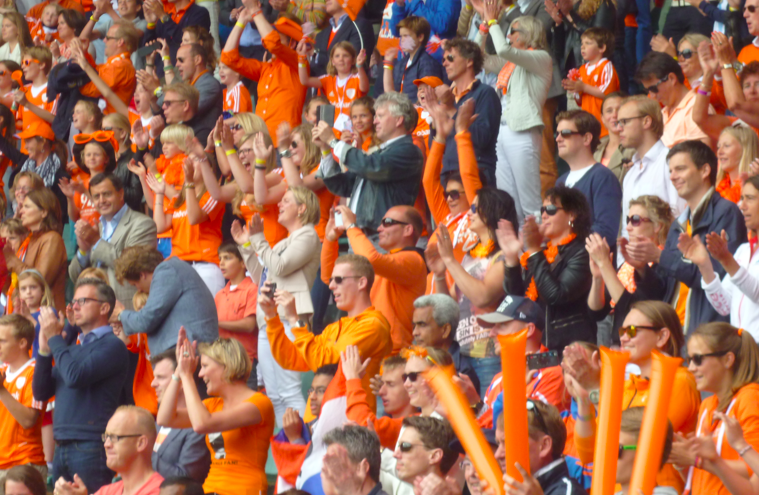Work and participation focus of new inburgering system

 The civic integration system for newcomers from outside the EU is to be overhauled, by increasing the focus on work and participation in society, social affairs minister Wouter Koolmees has told MPs.
The civic integration system for newcomers from outside the EU is to be overhauled, by increasing the focus on work and participation in society, social affairs minister Wouter Koolmees has told MPs.
In particular, refugees will be able to start their integration process while still living in refugee centres, Koolmees said.
‘Combined, the different subject should be seen in light of integration into society, in which the newcomer is made ready to participate as quickly as possible, most desirably via paid work,’ Koolmees said.
The minister said he is also looking into the legal situation facing new arrivals from Turkey who are currently exempt from the integration programme. Koolmees told MPs he is ‘hopeful’ this may be changed.
The current inburgering system is based on self-help and last year Koolmees admitted the ‘do it yourself’ approach has failed.
In the new system, the loans have been scrapped and local authorities are being given responsibility for integrating new migrants and refugees.
Council officials will have to devise an individual integration plan (PIP) for everyone required to take the exams but, apart from refugees, newcomers will be able to chose their own language schools and lesson times, a social affairs ministry spokesman told DutchNews.nl. Newcomers will also be responsible for picking up the bill although they will be able to borrow money to pay for the courses.
The government is raising the level of language required for newcomers on the grounds that it improves their chances of finding work. From 2021 most migrants will have to pass a language test at B1 level in order to complete the integration procedure.
Some new arrivals under the age of 28 will be expected to obtain a formal Dutch school leaving certificate, while there will be a more limited programme for people who cannot cope with the higher language standard in the B1 stream.
Exams
New arrivals will also have to pass one test on their knowledge of Dutch society (KNM), plus tests on work and participation (MAP, formerly orientation on the Dutch labour market) and sign the participation declaration after a short course (PVT). People with jobs will not have to take the section on work, the social affairs ministry said.
Officials have not yet decided if people with a high standard of Dutch (NT1 or NT2) can skip the other ‘inburgering’ courses if they are applying to become Dutch, as is currently the case in some situations.
‘The impact of the new law on other laws on residency and naturalisation still has to be worked out,’ the spokesman said.
The new plans have now been put out to consultation and are unlikely to come into effect before 2021.
Thank you for donating to DutchNews.nl.
We could not provide the Dutch News service, and keep it free of charge, without the generous support of our readers. Your donations allow us to report on issues you tell us matter, and provide you with a summary of the most important Dutch news each day.
Make a donation